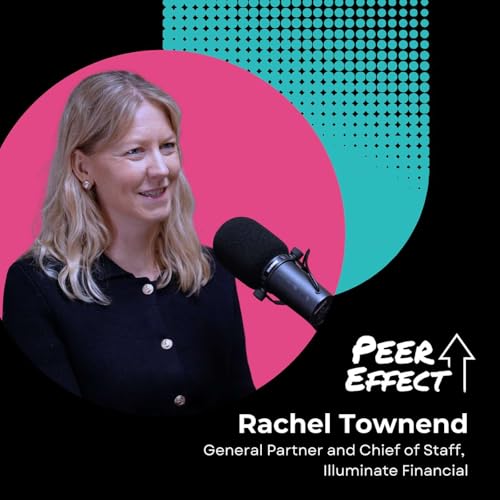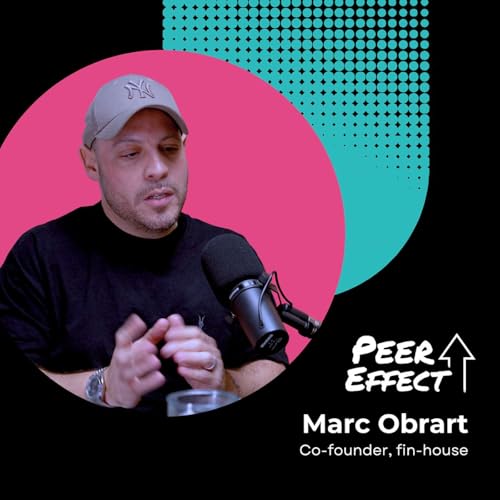You've got £250K in the bank. You're profitable. Everything looks fine.
Then your VAT bill hits and you're scrambling. Or a major client payment is 60 days late and suddenly you can't make payroll.
Marc Obrart has seen this exact scenario play out dozens of times. As co-founder of Fin House, he provides finance teams and CFOs to 50+ scale-ups. And the pattern he sees most often? Founders managing by their bank account instead of understanding the two stories every business tells.
Here's what makes this different:
Marc's not talking about hiring expensive CFOs or implementing complex ERP systems. He's talking about getting the basics right - and most founders don't have them in place.
His approach is simple: finance should be embedded in your business, not isolated in a dark corner. When finance is done right, you have access to forward-looking data that lets you make confident decisions about hiring, marketing spend, and growth.
You'll learn:
Why your bank balance is a terrible way to manage your business. It tells you where you are now, not where you're going. Founders look at £250K and think they're fine—then their VAT bill goes out in three days and they've forgotten to connect the dots.
The rolling 13-week cash flow framework and why this specific timeframe matters. In 13 weeks (roughly 3 months), you should know everything: new hires coming in, monthly payroll, payment terms from customers (30-90 days), supplier obligations. This is your Bible. If you don't have this, you're flying blind.
Why VAT catches founders out more than margins, profitability, or any other metric. It's a red herring—you're collecting it, sitting on it, and then suddenly you owe £150K and don't have the cash because you thought it was available. Ring-fence it. Track available cash separately.
The two stories your business tells: your profit story (management accounts) and your cash story (cash flow). These are completely different. You can be profitable and run out of cash. You can have cash and be unprofitable. Get your profit wrong, you have time to fix it. Get cash wrong, you're out of business in 30 days.
Why you probably don't need an ERP system or NetSuite. Most businesses can run on Xero with proper bookkeeping, controls, and forward-looking insights. Don't overcomplicate it.
How to know if your finance setup is useful. If you're skipping pages in your management pack, they shouldn't be there. If you don't understand something, it's not simple enough—and that's the finance team's fault, not yours.
Marc also shares his background as an FA-qualified football coach and how explaining tactics to 9-year-olds taught him to simplify finance for founders. The crossover is remarkable: clear, concise messaging that people can actually understand and act on.
The reality check:
This isn't about fancy systems or complicated models. It's about nailing the basics: up-to-date bookkeeping, a rolling 13-week cash flow, and understanding your 3-5 key KPIs (not 25). If you don't have these in place, you're managing by gut feel—and that's how businesses end up in trouble.
If you've been managing by your bank balance or avoiding your finance function because it feels too complicated, this episode shows you exactly what to fix.
One action: Listen to the end for Marc's single recommendation every founder should implement immediately.
Questions? Email hello@peereffect.com or find us on LinkedIn.
More from James:
Connect with James on LinkedIn or at peer-effect.com
 41 分
41 分 16 分
16 分 35 分
35 分 14 分
14 分 2026/02/1134 分
2026/02/1134 分 2026/02/0429 分
2026/02/0429 分 14 分
14 分 14 分
14 分
